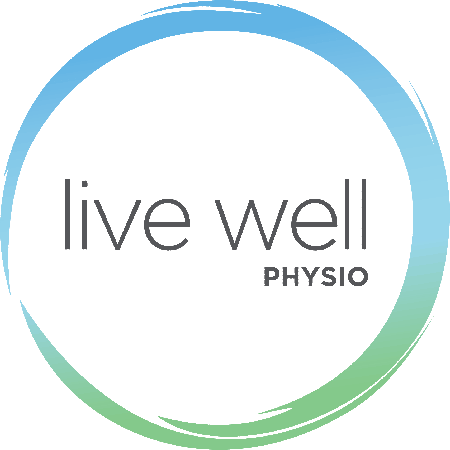Produce your best year yet with these goal setting tips!
A far better method is to set goals which can be tackled in steps and increase in difficulty as you begin to form new habits. Goals provide direction that you can aspire to and you can choose to move towards them using small steps or bigger steps, with plenty of opportunity to adjust when elements aren’t working out as intended.
Goal setting 101
Goal-setting should be a fun and inspiring activity, dream big and be sure to tap into what your heart tells you as well as what’s in your head. Choose goals that matter to you, that you actually want to accomplish. It helps to keep in mind your ideal future life – be it in 2, 5 or 10 years’ time and set goals which set you on the right path towards that vision.
Once you’ve got the big end goals in mind, then you can break it down into smaller goals that are realistic and attainable in the short term, and can be easily monitored. These goals should map out the steps which need to happen to get you towards the end result. These types of goals are often explained as “SMART” goals, in that they are specific, measurable, attainable, relevant and time-bound. For example, you might have a long-term goal to improve your health and fitness. This can then be broken down into smaller goals which can be measured such as:
- Wake up early and go for a morning walk, three times per week
- Attend one pilates class per week
- Meal plan on Sundays to allow you to cook dinner at home Monday to Friday
- Drink a maximum of two glasses of wine, on weekends only
As your fitness increases, you might reframe these goals to include some more intense physical exercise, or some harder to achieve elements such as eating sugar-free for a week.
Try and ensure your goals have a positive spin – frame your goals by what they are adding to your life, not what is being taken away. For example, instead of saying “I will stop eating junk food” you could instead say “I will eat healthy, home cooked meals Monday through Friday”. Mentally, this will feel less like you are depriving yourself.
Continue to review your goals, update them and don’t be deterred by setbacks. As you move through the year it is likely you will need to make adjustments. New goals may pop up or existing ones may require more time than you anticipated. If something isn’t quite working out as you planned, re-frame it, or break it down into even smaller steps to set you on the right path to getting there.
Goal setting is a powerful way to help transform your life. With the right execution, goals can help produce gradual, long-lasting changes in all areas of your life.
Want to take your goal setting to the next level? Our Life Coach Alisa, based at Live Well Currambine, can help you on your journey to a healthy mind. Find out more here.




